Welcome
“If the bee disappeared off the face of the earth, man would only have four years left to live”
Albert Einstein
Dear colleagues,
We are pleased to announce that the international conference „THE IMPACT OF GLOBAL CHANGE ON THE ENVIRONMENT, HUMAN AND ANIMAL HEALTH“ will be hosted in Košice, Slovakia on June 13-16, 2023. The event aims to provide a platform for discussion about research that contributes to the sharing of new theoretical, methodological and empirical knowledge, and to better understanding of global changes. This conference will provide opportunities for scientists, scholars, and students from universities to exchange new ideas and experience face to face, establish research relations, and find global partners for future collaboration. The conference is jointly organised by the University of Veterinary Medicine and Pharmacy in Košice (Slovakia) and Nord University, Bodø (Norway).
Please share the information on the conference with your colleagues, students, and anyone else who may be interested in participating.
We are looking forward to welcoming you in Košice!
Martin Tomko
Vice-Rector for Education and Conference Guarantor
University of Veterinary Medicine and Pharmacy in Košice
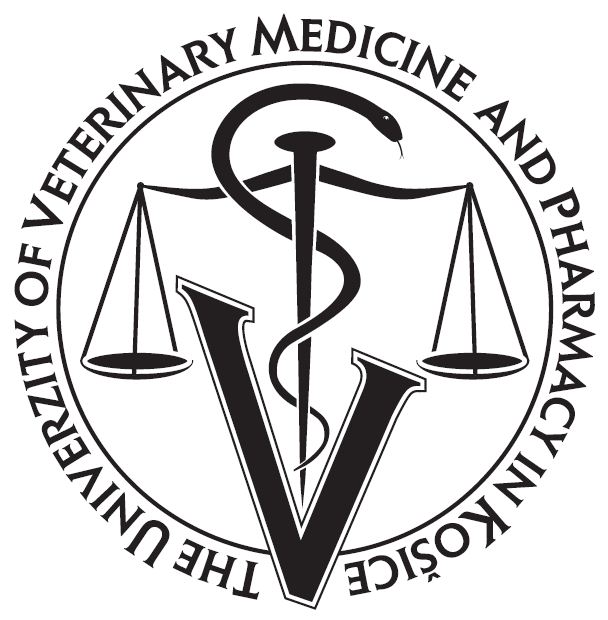
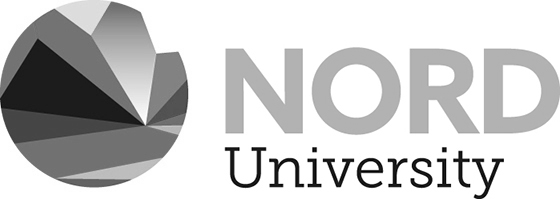
Working together for a green, competitive and inclusive Europe
Together for good ideas
Supported by Iceland, Liechtenstein and Norway through the EEA and Norway Grants
If you want to know more about programmes and projects financed by the EEA and Norway Grants in Slovakia, visit www.eeagrants.sk or www.norwaygrants.sk
About IGC 2023
Conference Topics
- Impact of global change on public and animal health – the One Health concept
- Impact of global and climate change on the environment
- Impact of global and climate change on water resources and air
Scientific and Organising Guarantee
Martin Tomko, University of Veterinary Medicine and Pharmacy in Košice, Slovakia
Mette Sørensen, Faculty of Biosciences and Aquaculture, Nord University, Bodø, Norway
Collaborating Organisations
University of Veterinary Medicine and Pharmacy in Košice, Slovakia
Faculty of Biosciences and Aquaculture, Nord University, Bodø, Norway
State Veterinary and Food Administration of the Slovak Republic
Institute of Postgraduate Education of Veterinary Surgeons, Slovakia
European Food Safety Authority – National Focal Point in Slovakia
Official Language
The official languages of the conference are English, Slovak, Czech (simultaneous interpretation)
Programme
Scientific Programme
Tuesday, June 13, 2023
| 17:00 | REGISTRATION |
| 18:00 | WELCOME RECEPTION |
Wednesday, June 14, 2023
| 8:00 – 12:30 | REGISTRATION, Poster installation | ||
| 9:00 – 9:30 | OPENING CEREMONY | ||
| 9:30 – 10:50 | PLENARY LECTURES | 9:30 – 10:10 | Piotr Tryjanowski: One Health – a way to better world? |
| 10:10 –10:50 | David Modrý: Emerging infectious diseases and wildlife: least known side of the One Health paradigm | ||
| 10:50 – 11:10 | Coffee break | ||
| 11:10 – 12:30 | PLENARY LECTURES | 11:10 – 11:50 | Bjørnar Ytrehus: Large scale environmental changes and wildlife health in the North |
| 11:50 – 12:30 | Gabriel Varga: Global adaptation to ever changing environment with focus on Emerging diseases, including African projects | ||
| 12:30 – 14:00 | Lunch | ||
| 14:00 – 15:20 | PLENARY LECTURES | 14:00 – 14:40 | Lucy J. Robertson: Impacts of globalisation and climate change on waterborne parasites: the case for Cryptosporidium |
| 14:40 – 15:20 | Pavel Novák: Clima change, livestock and antimicrobial resistance | ||
| 15:20 – 15:45 | Coffee break | ||
| 15:45 – 17:00 | LECTURES | 15:45 – 16:00 | Pavol Mudroň: Non-infectious claw diseases and heat stress in dairy cows |
| 16:00 – 16:15 | Eva Nosková: Genetic diversity of Strongyloides infecting dogs | ||
| 16:15 – 16:30 | Kjersti Selstad Utaaker: Assessing the Role of Saltlicks in Parasite Transmission and Spillover between Domestic Sheep and Wild Reindeer in Norway | ||
| 16:30 – 16:45 | Jana Staničová: How conazole fungicides affect vital bio-macromolecules: a study on the molecular level | ||
| 16:45 – 17:00 | Marek Ratvaj: Exposure of honey bees to commonly used pesticides modulates their immune response | ||
| 17:00 – 18:00 | POSTER EXHIBITION | ||
| 18:00 | GALA DINNER |
Thursday, June 15, 2023
| 8:00 – 9:00 | REGISTRATION | ||
| 9:00 – 10:20 | PLENARY LECTURES | 9:00 – 9:40 | Prabhat Khanal: Macroalgae as a source of nutrients and bioactive compounds for animals |
| 9:40 – 10:20 | Tomáš Bakalár: Heavy metal removal from water by natural material | ||
| 10:20 – 10:40 | Coffee break, POSTER EXHIBITION | ||
| 10:40 – 12:00 | PLENARY LECTURES | 10:40 – 11:20 | Eva Sitášová: The spread of ivansive plant species: problems and possible solutions |
| 11:20 – 12:00 | Richard Franka: Role of vertical vs diagonal programs to control, eliminate and eradicated infectious diseases in the era of global changes and the path towards resilient and sustainable integrated health systems | ||
| 12:00 – 12:30 | CLOSING CEREMONY | ||
| 12:30 – 14:00 | Lunch | ||
| 15:30 | Košice city walk |
Friday, June 16, 2023
| 9:00 (departure) | Tour in Tokaj wine region with lunch |
Social Programme
Welcome reception: Tuesday, June 13, 2023 at 18:00
Gala dinner: Wednesday, June 14, 2023 at 18:00
Guided tour of Košice: Thursday, June 15, 2023 at 15:30
Tour in Tokaj wine region with lunch: Friday, June 16, 2023, departure from UVMP in Košice at 9:00.
There are no charges for the social programme except for the tour in Tokaj wine region (€ 50).
Keynote Speakers
prof. Bc. Ing. Tomáš Bakalár, PhD. Ing-Paed IGIP
Technical University of Košice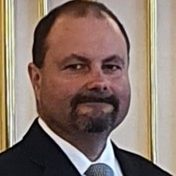
Dr. Richard Franka
Centers for Disease Control and Prevention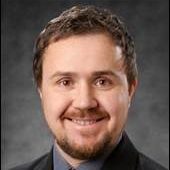
Dr. Prabhat Khanal, Associate Professor
Nord University, Faculty of Biosciences and Aquaculture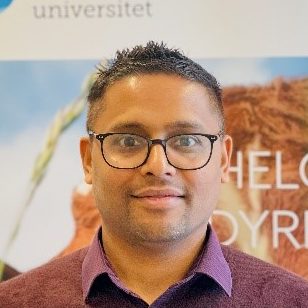
Prof. David Modrý, DVM, PhD
Masaryk University, Czech University of Life Sciences Prague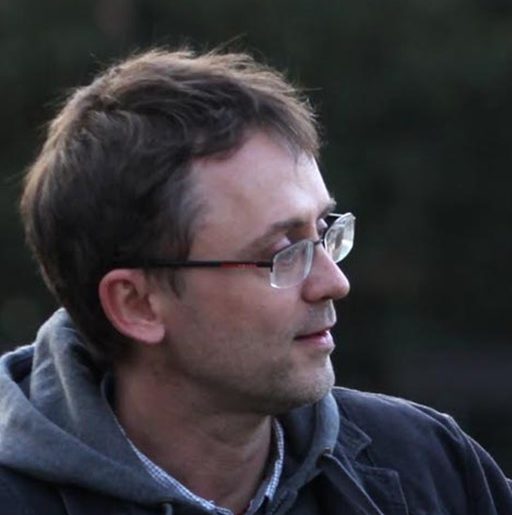
Assoc. Prof. Pavel Novák, DVM, CSc.
Institute of Animal Science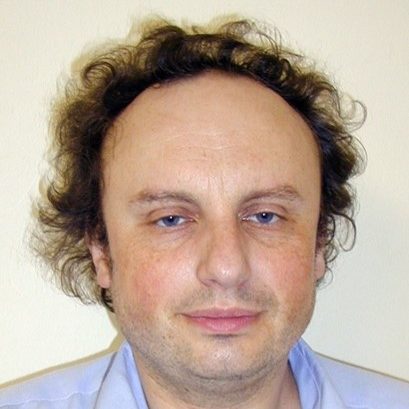
Professor Lucy J. Robertson
Norwegian University of Life Sciences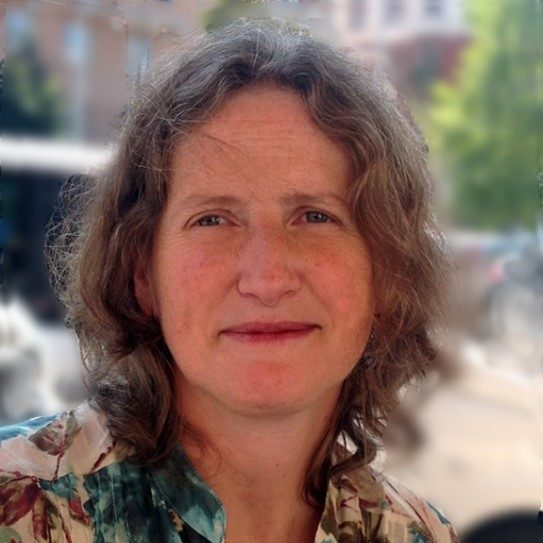
RNDr. Eva Sitášová, PhD
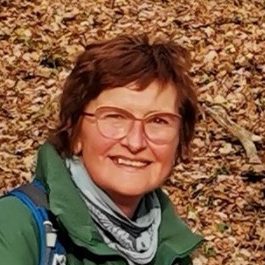
Professor Piotr Tryjanowski
Poznań University of Life Sciences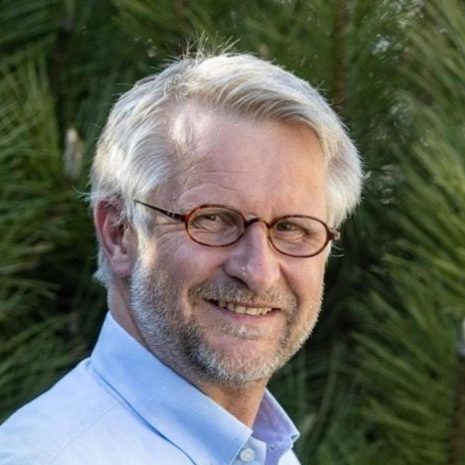
Dr. Gabriel Varga
WSAVA FoundationZoetis International
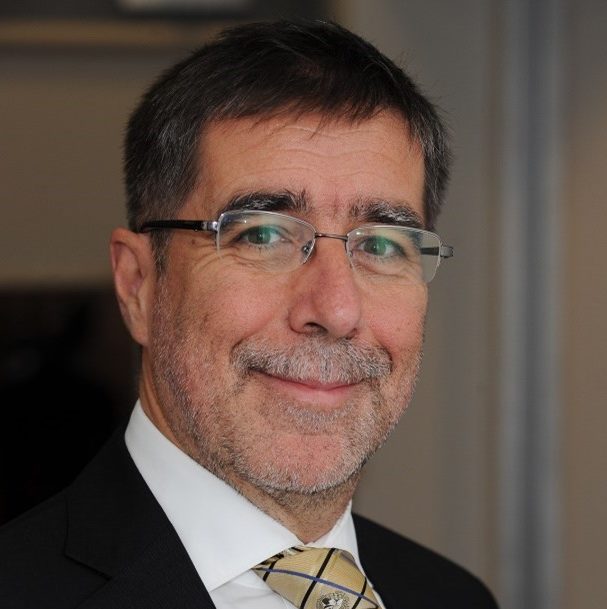
Professor Bjørnar Ytrehus
Norwegian Veterinary Institute & Nord University, Faculty of Biosciences and Aquaculture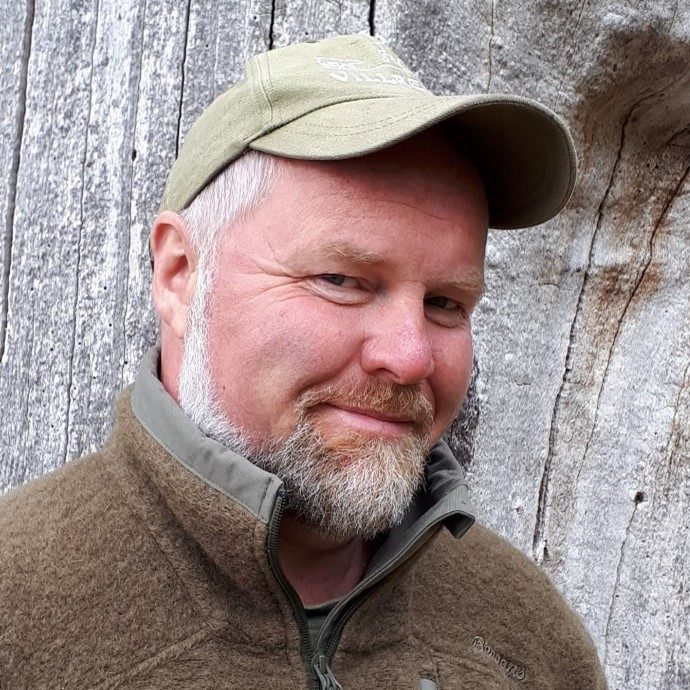
Important Dates
| Paper submission deadline | May 19, 2023 |
| Notification of the paper acceptance | June 2, 2023 |
| Deadline for online registration | June 9, 2023 |
| On-site registration | June 13-14, 2023 |
| Final programme available on the conference website | May 25, 2023 |
Accepted posters and lectures (except plenary lectures)
Download PDF (Accepted posters and lectures (except plenary lectures)Download PDF (Proceedings)
Registration and Fees
Online registration will be closed on June 09, 2023
Please read the instructions below carefully.
Conference fees
| Until June 9, 2023 | From June 10, 2023 On-site | |
|---|---|---|
| Participant * | EUR 300 | EUR 450 |
| PhD Student | EUR 75 | EUR 75 |
| Accompanying person | EUR 200 | EUR 200 |
| Tour in Tokaj wine region | EUR 50 | EUR 50 |
| Student ** | Free | Free |
* Keynote speakers and honorary guests are exempt from paying registration fees.
** Students must provide proof of student status (ISIC card or similar) to the conference staff upon their arrival at the conference venue.
Payment details
Account holder
University of Veterinary Medicine and Pharmacy in Košice
Komenského 73
041 81 Košice
Slovakia
Bank Štátna pokladnica
Radlinského 32
810 05 Bratislava 15
Slovakia
Bank account number: 70 0007 2225/8180
IBAN: SK42 8180 0000 0070 0007 2225
SWIFT: SPSRSKBA
Variable symbol: 6378
Please, indicate YOUR NAME in Details of Payment (or Information for Beneficiary)!
Please provide proof of payment to the conference staff upon your arrival at the conference venue if you made a bank transfer after June 5, 2023
Once your payment has been processed, please e-mail a copy of your payment remittance to daniela.takacova@uvlf.sk
Committees
Scientific and Organising Guarantee
Martin Tomko, University of Veterinary Medicine and Pharmacy in Košice, Slovakia
Mette Sørensen, Faculty of Biosciences and Aquaculture, Nord University, Bodø, Norway
International Scientific Committee and Honorary Members
| Jozef Bíreš | State Veterinary and Food Administration of the Slovak Republic, Slovakia |
| Šárka Bursová | University of Veterinary Sciences Brno, Czech Republic |
| Andrea Čalkovská | Jessenius Faculty of Medicine in Martin, Comenius University Bratislava, Slovakia |
| Gabriela Dringušová | EFSA National Focal Point, Ministry of Agriculture and Rural Development of the Slovak Republic, Slovakia |
| Klaudia Halászová | Slovak University of Agriculture in Nitra, Slovakia |
| Ivica Hromadová | Institute of Parasitology of the Slovak Academy of Sciences, Slovakia |
| Pavol Jarčuška | Pavol Jozef Šafárik University in Košice, Slovakia |
| Juraj Kopáček | Institute of Virology, Biomedical Research Centre of the Slovak Academy of Sciences, Slovakia |
| Ľubomír Kráľ | Chamber of Veterinary Surgeons of the Slovak Republic, Slovakia |
| Rudolf Kropil | Technical University in Zvolen, Slovakia |
| Jana Mojžišová | University of Veterinary Medicine and Pharmacy in Košice, Slovakia |
| Jozef Nagy | University of Veterinary Medicine and Pharmacy in Košice, Slovakia |
| Geir Næss | Nord University, Bodø, Norway |
| Jozef Pokorný | Institute of Postgraduate Education of Veterinary Surgeons, Slovakia |
| Lucy J. Robertson | Norwegian University of Life Sciences, Norway |
| Pavol Sovák | Pavol Jozef Šafárik University in Košice, Slovakia |
| Bjørnar Ytrehus | Nord University, Norway, Norwegian Veterinary Institute, Norway |
Organising Committee
| Monica Brinchmann | Faculty of Biosciences and Aquaculture, Nord University, Bodø, Norway |
| Monika Drážovská | University of Veterinary Medicine and Pharmacy in Košice, Slovakia |
| Štefan Grančák | University of Veterinary Medicine and Pharmacy in Košice, Slovakia |
| Gabriela Gregová | University of Veterinary Medicine and Pharmacy in Košice, Slovakia |
| Alica Kočišová | University of Veterinary Medicine and Pharmacy in Košice, Slovakia |
| Ľuboš Korytár | University of Veterinary Medicine and Pharmacy in Košice, Slovakia |
| Anna Ondrejková | University of Veterinary Medicine and Pharmacy in Košice, Slovakia |
| Marián Prokeš | University of Veterinary Medicine and Pharmacy in Košice, Slovakia |
| Ivana Pahulyiová | University of Veterinary Medicine and Pharmacy in Košice, Slovakia |
| Naďa Sasáková | University of Veterinary Medicine and Pharmacy in Košice, Slovakia |
| Daniela Takáčová | University of Veterinary Medicine and Pharmacy in Košice, Slovakia |
| Martin Tomko | University of Veterinary Medicine and Pharmacy in Košice, Slovakia |
| Ioannis Vatsos | Faculty of Biosciences and Aquaculture, Nord University, Bodø, Norway |
| Boris Vojtek | University of Veterinary Medicine and Pharmacy in Košice, Slovakia |
| Kjersti Utaaker | Faculty of Biosciences and Aquaculture, Nord University, Bodø, Norway |
Venue
Institute of Postgraduate Education of Veterinary Surgeons
Cesta pod Hradovou 13/A, 041 77 Košice, Slovakia
+421 55 796 91 11
ivvl@ivvl.sk
Reservation: recepcia@ivvl.sk
Travel and Accommodation
How to get to Košice
Arriving by plane:
If you want to fly to Košice, you can choose the city’s own international airport – Košice International Airport (approximately 8 km from the city centre). The airport and the city centre are connected by regular shuttle buses.
Arriving by car:
From Bratislava – highway E571/E58, direction Košice, Slovakia (403 km)
From Krakow – highway DK75, direction Košice, Slovakia (245 km)
From Budapest – highway M3, direction Košice, Slovakia (256 km)
Accommodation
| Hotel | Price |
|---|---|
| IVVL (conference venue) | from EUR 40 |
| Michael’s Palace | from EUR 65 |
| Yasmin | from EUR 130 |
| Lokomotíva | from EUR 40 |
Contact Us
Conference Secretariat
Daniela Takáčová
Address
University of Veterinary Medicine and Pharmacy in Košice
Komenského 73
041 81 Košice, Slovakia
+421 915 984 608
daniela.takacova@uvlf.sk
https://igc.uvlf.sk
Acknowledgements
Supported by Iceland, Liechtenstein and Norway through the EEA and Norway Grants.
The EEA and Norway Grants represent the contribution of Iceland, Liechtenstein and Norway towards a green, competitive and inclusive Europe. There are two overall objectives: reduction of economic and social disparities in Europe, and to strengthen bilateral relations between the donor countries and 15 EU countries in Central and Southern Europe and the Baltics. The three donor countries cooperate closely with the EU through the Agreement on the European Economic Area (EEA). The donors have provided €3.3 billion through consecutive grant schemes between 1994 and 2014. For the period 2014-2021, the EEA and Norway Grants amount to €2.8 billion. The priorities for this period are:
#1 Innovation, Research, Education and Competitiveness
#2 Social Inclusion, Youth Employment and Poverty Reduction
#3 Environment, Energy, Climate Change and Low Carbon Economy
#4 Culture, Civil Society, Good Governance and Fundamental Rights
#5 Justice and Home Affairs
Eligibility for the Grants mirror the criteria set for the EU Cohesion Fund aimed at member countries where the Gross National Income (GNI) per inhabitant is less than 90% of the EU average.
The EEA and Norway Grants scheme consists of two financial mechanisms. The EEA Grants are jointly financed by Iceland, Liechtenstein and Norway, whose contributions are based on their GDP. Norway Grants are financed solely by Norway.
If you want to know more about the programmes and projects financed by the EEA and Norway Grants in Slovakia, visit www.eeagrants.sk or www.norwaygrants.sk.